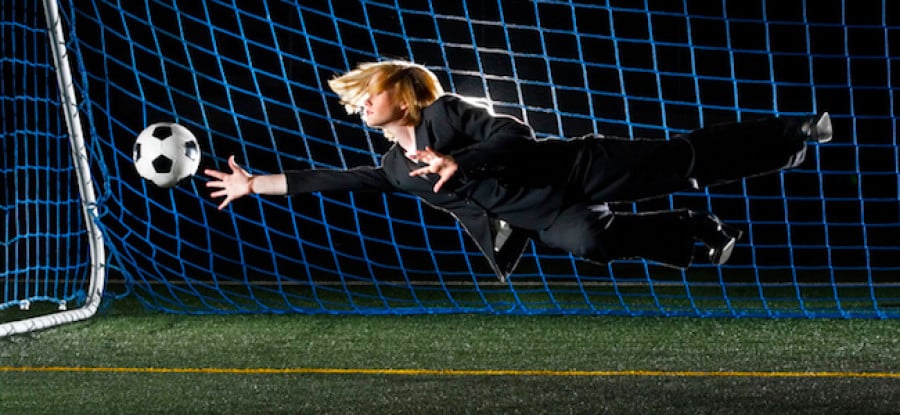Case review: US Soccer Federation v National Players Association (use of player likenesses)

“Soccer is called ‘the beautiful game,’ but the collective bargaining process behind the sport can be ugly.”
The above quote, from Pelé’s autobiography, is the first line in United States Court of Appeals (Seventh Circuit) decision in the case, United States Soccer Federation, Inc. v. United States National Soccer Team Players Association, issued in September 2016.[1]
It is an apt quote, as true now as when it was first written in 1977. From recent disputes and contentious negotiations in both the men’s and women’s game in the United States[2] and Australia,[3] to industrial action by Spanish footballers,[4] and a revolving door of contract disputes between players and clubs at all manner of domestic and international dispute resolution forums, the sun never sets on labour issues in football. Increasingly, negotiations and disputes involve the use of player images by sponsors of the national associations.
The Seventh Circuit decision held that the USSF, the national governing body for soccer in the United States, does not require approval from the U.S. Men’s National Soccer Team Players Association (“USMNT”)[5] for the use of player likenesses in USSF-sponsor advertisements, as long as six or more players are featured in that advertisement. This practice continues to be controversial and is currently under challenge by the U.S. Women’s National Team.
This article provides a review of the case, focusing specifically on the image rights component of the decision. Additionally, the author provides commentary on status of image rights for the US women’s national team, and provides a brief comparative perspective on the degree to which England international footballers’ image rights are controlled by The Football Association (The FA).
To continue reading or watching login or register here
Already a member? Sign in
Get access to all of the expert analysis and commentary at LawInSport including articles, webinars, conference videos and podcast transcripts. Find out more here.
- Tags: Commercial | Employment | Football | image Rights | Intellectual Property | United Kingdom (UK) | United States of America (USA)
Related Articles
- Comparing how image rights laws apply to sport in the US, UK and Europe
- The current legal status of image rights companies in football
- The winning formula for a successful sports brand: five key points
- What is next for NCAA student-athletes? From O'Bannon onto Jenkins
Written by
Jake Cohen
Jake is a senior associate and founding member of the Sports & Entertainment team at Lawrence Stephens. He acts for clients on both contentious and non-contentious matters.
Jake acts on high-profile matters within sport and his calm, direct and focused approach coupled with his strong commercial background and experience working with key stakeholders across the global sporting industry enables him to communicate and distil complex legal matters into practical advice in an engaging, accessible, and actionable way.
He specialises in advising clients on commercial, image rights, employment, complex regulatory and cross-border matters in addition to acting for clients in disputes before The FA, FIFA, and the Court of Arbitration for Sport.
Given the international nature of his work, Jake frequently collaborates with colleagues from a variety of different countries, jurisdictions and backgrounds.
Jake is passionate about ensuring that costs are not a barrier to receiving top legal advice and access to justice and he regularly provides pro bono assistance to young athletes and entrepreneurs. Additionally, he has been a member of the American Bar Association’s Military Pro Bono Project since qualifying as a lawyer.
Carol Couse
Carol is a Partner in the sports team at Mills & Reeve LLP , with extensive in-house and in private practice experience of dealing with sports regulatory matters, whether contentious or non-contentious, including in respect of all legal issues pertaining to football. She has represented clients before dispute resolution and disciplinary bodies of the Premier League, The FA, UEFA, FIFA and the CAS.
As a Spanish speaker, Carol frequently advises top athletes, agents, and clubs in Spain and Latin America. Carol is regularly invited to lecture at universities and conferences all over the world, publishes articles on a wide variety of sport-related matters, and often provides comments and analysis on legal issues in sport for the BBC, the Times, the Guardian, the New York Times, Sky Sports, ESPN and others.





